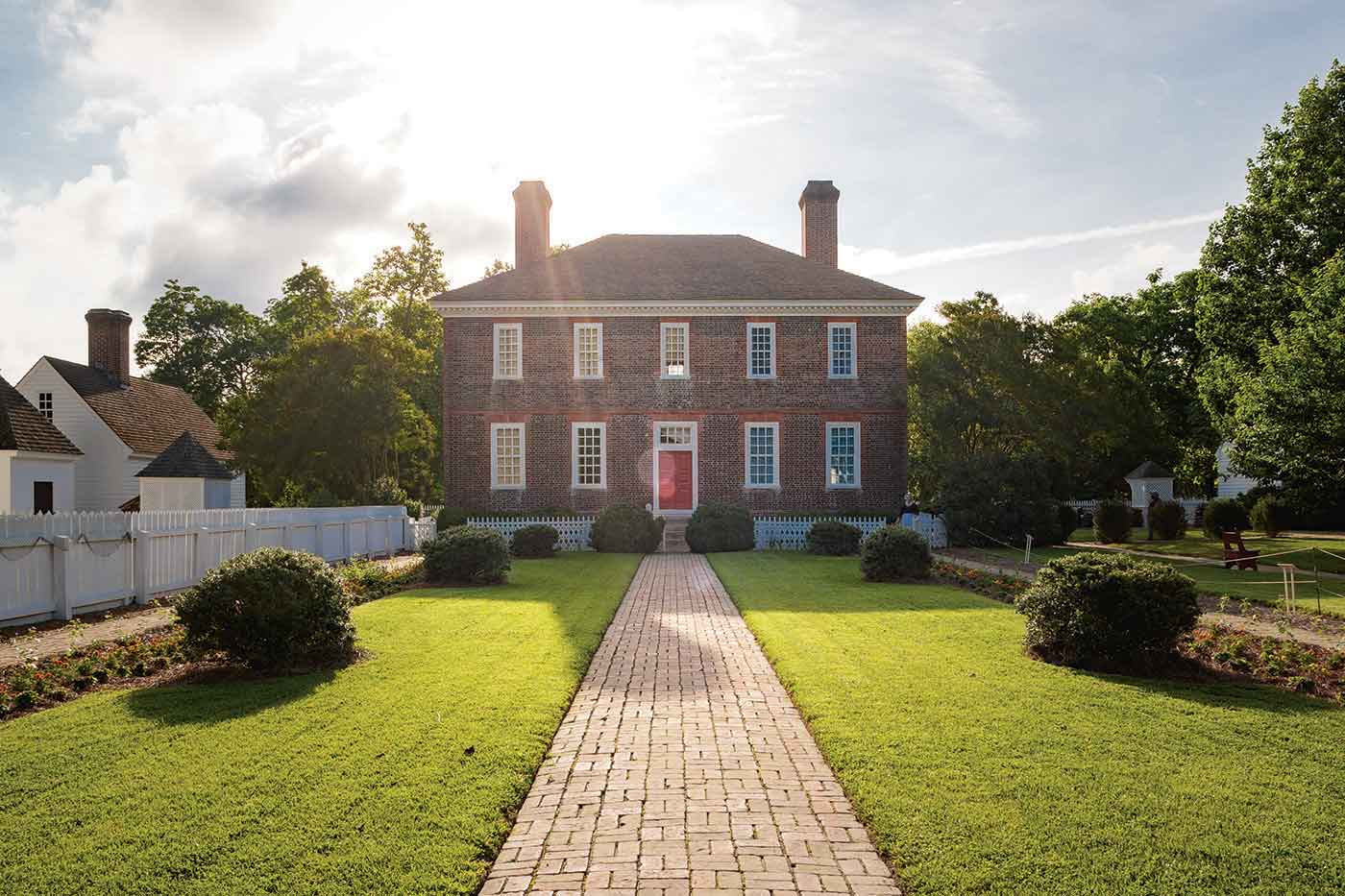George Wythe, whose imposing home sits on Williamsburg’s Palace Green, was so admired by his fellow Virginia Patriots that they left room for his signature above all of theirs on the Declaration of Independence. Wythe’s name comes first — before that of Richard Henry Lee, Benjamin Harrison, Thomas Nelson Jr., Francis Lightfoot Lee and Carter Braxton, and even before that of the man who drafted the Declaration, Thomas Jefferson.
Yet Wythe is most remembered — to the extent he is remembered at all — as a teacher. Jefferson was among his students, as were the future Chief Justice of the United States Supreme Court John Marshall and future Secretary of State and Speaker of the House Henry Clay.
Wythe became America’s first law professor in 1779, when the College of William & Mary appointed him professor of law and police.
Prior to Wythe’s appointment, instruction on the subject of the law came not in schools but as apprenticeships. Jefferson served as Wythe’s legal apprentice between 1762 and 1765.
Jefferson was among those who lobbied the college to create the professorship and to appoint Wythe. Jefferson later recalled how, as governor of Virginia and as a member of William & Mary’s Board of Visitors — equivalent to a board of trustees — he “effected, during my residence in Williamsburg … a change in the organization of that institution, by abolishing the Grammar school, and the two professorships of Divinity and Oriental languages, and substituting a professorship of Law & Police, one of Anatomy, Medicine and Chemistry, and one of Modern languages.”
Wythe was America’s first law professor, but the position was not the first in the English-speaking world. In 1758, William Blackstone became professor of law at Oxford. Blackstone’s Commentaries on the Laws of England was one of the texts Wythe’s students read.
Among Wythe’s innovations was a moot court, a mock court in which students argue hypothetical cases for practice, still standard at most law schools. Wythe created a moot legislature too, since he was training his students not only to be lawyers, but also to be leading citizens. Wythe also taught economics and classics at William & Mary.
Jefferson never wavered in his admiration for his former teacher. In 1788, when he learned that a friend’s son might attend William & Mary, Jefferson wrote: “The pride of the Institution is Mr. Wythe. … He is one of the greatest men of the age … and always distinguished by the most spotless virtue … I know no place in the world, while the present professors remain, where I would so soon place a son.”
In 1821, at the age of 77 and looking back on his youth, Jefferson described Wythe as “my faithful and beloved mentor.”
Marshall was a diligent student of Wythe’s, though his decision to attend William & Mary may have been motivated in part by Williamsburg’s proximity to Yorktown, home of his future wife, Polly Ambler. His notebooks from his college days hint that his mind may have occasionally wandered from the law. Throughout the notebooks the name “Polly” can be found in his handwriting.
Wythe resigned from William & Mary in 1789, partly because his position as chancellor of the high court required him to be in Richmond. But he may also have had other reasons for leaving the college. To William Short, another student of Wythe’s, Jefferson wrote: “Mr. Wythe has abandoned the college of Wm & Mary, disgusted with some of the conduct of the professors, and particularly of the ex-professor Bracken, and perhaps too with himself for having suffered himself to be too much irritated with that.”
Jefferson did not say what conduct disgusted Wythe.
